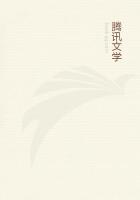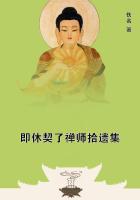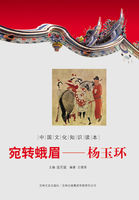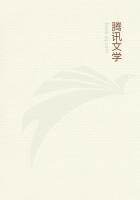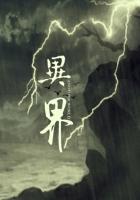WE have now discussed the other parts of animals, both generally and with reference to the peculiarities of each kind, explaining how each part exists on account of such a cause, and I mean by this the final cause.
There are four causes underlying everything: first, the final cause, that for the sake of which a thing exists; secondly, the formal cause, the definition of its essence (and these two we may regard pretty much as one and the same); thirdly, the material; and fourthly, the moving principle or efficient cause.
We have then already discussed the other three causes, for the definition and the final cause are the same, and the material of animals is their parts of the whole animal the non-homogeneous parts, of these again the homogeneous, and of these last the so-called elements of all matter.It remains to speak of those parts which contribute to the generation of animals and of which nothing definite has yet been said, and to explain what is the moving or efficient cause.To inquire into this last and to inquire into the generation of each animal is in a way the same thing; and, therefore, my plan has united them together, arranging the discussion of these parts last, and the beginning of the question of generation next to them.
Now some animals come into being from the union of male and female, i.e.all those kinds of animal which possess the two sexes.
This is not the case with all of them; though in the sanguinea with few exceptions the creature, when its growth is complete, is either male or female, and though some bloodless animals have sexes so that they generate offspring of the same kind, yet other bloodless animals generate indeed, but not offspring of the same kind; such are all that come into being not from a union of the sexes, but from decaying earth and excrements.To speak generally, if we take all animals which change their locality, some by swimming, others by flying, others by walking, we find in these the two sexes, not only in the sanguinea but also in some of the bloodless animals; and this applies in the case of the latter sometimes to the whole class, as the cephalopoda and crustacea, but in the class of insects only to the majority.Of these, all which are produced by union of animals of the same kind generate also after their kind, but all which are not produced by animals, but from decaying matter, generate indeed, but produce another kind, and the offspring is neither male nor female;such are some of the insects.This is what might have been expected, for if those animals which are not produced by parents had themselves united and produced others, then their offspring must have been either like or unlike to themselves.If like, then their parents ought to have come into being in the same way; this is only a reasonable postulate to make, for it is plainly the case with other animals.If unlike, and yet able to copulate, then there would have come into being again from them another kind of creature and again another from these, and this would have gone on to infinity.But Nature flies from the infinite, for the infinite is unending or imperfect, and Nature ever seeks an end.
But all those creatures which do not move, as the testacea and animals that live by clinging to something else, inasmuch as their nature resembles that of plants, have no sex any more than plants have, but as applied to them the word is only used in virtue of a similarity and analogy.For there is a slight distinction of this sort, since even in plants we find in the same kind some trees which bear fruit and others which, while bearing none themselves, yet contribute to the ripening of the fruits of those which do, as in the case of the fig-tree and caprifig.
The same holds good also in plants, some coming into being from seed and others, as it were, by the spontaneous action of Nature, arising either from decomposition of the earth or of some parts in other plants, for some are not formed by themselves separately but are produced upon other trees, as the mistletoe.Plants, however, must be investigated separately.

